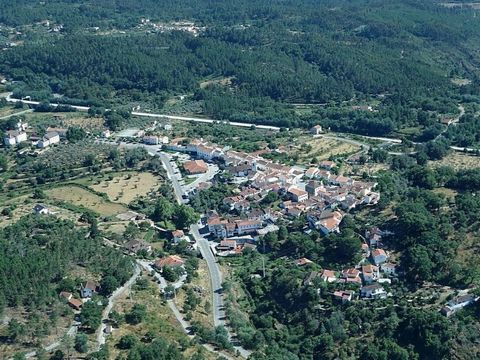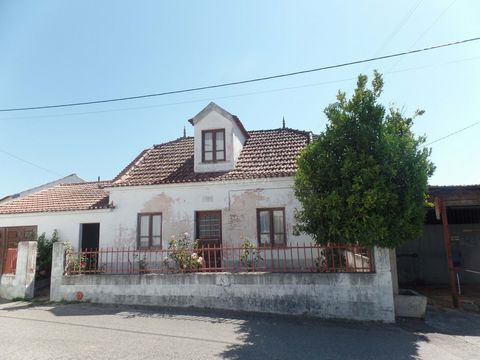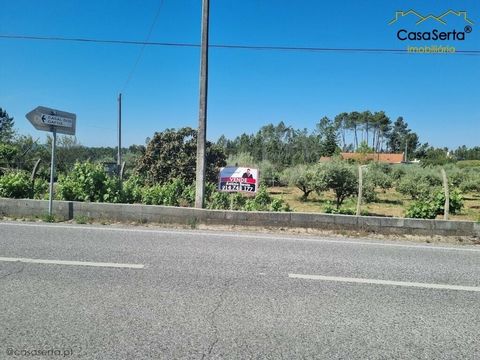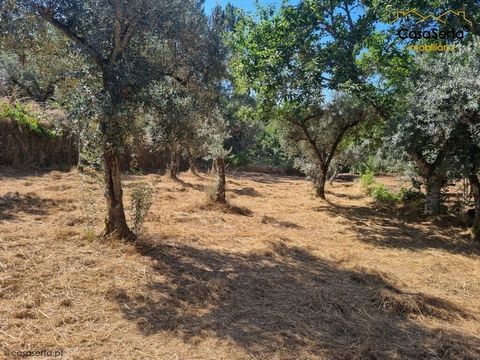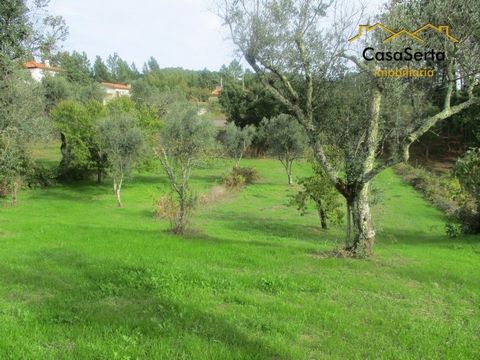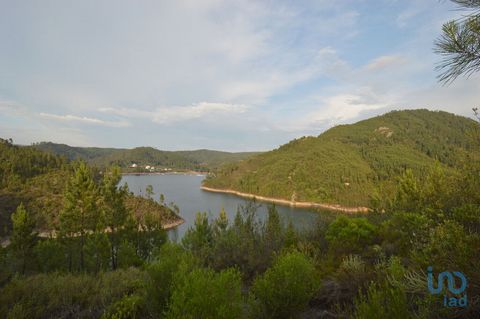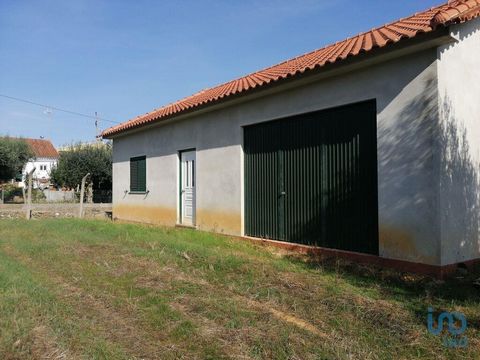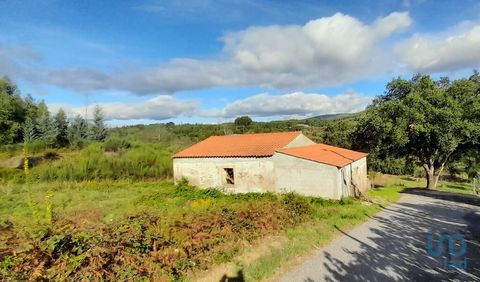Houses and apartments for sale : Sertã
81 Result(s)
Order by
Order by
5 bedroom house to be restored located in the center of Pampilhal, 4 km from Cernache do Bomjardim, set in plots of land with a total of 840m2 with a useful area of 122m2. House with two floors, a garage and land with fruit trees, olive trees, etc. Surrounded by nature, with excellent views, ideal for those looking for tranquility or even to design their own business, property with great potential for rural tourism. Book your Visit!!
5 bd
1,163 sqft
lot 9,042 sqft
Cernache do Bonjardim
Excellent land for cultivation, consisting of olive trees and some fruit trees. It has water and great sun exposure. Excellent opportunity!
11,840 sqft
Sertã
If you want to come live or do Rural Tourism in a Portuguese village belonging to the district of Castelo Branco, in the province of Beira Baixa, you have an excellent business opportunity here! House in Sertã with 5 bedrooms, 2 bathrooms, 1 garage, several outbuildings, a patio. Typical house with wooden floors and ceilings all crafted in wood Mark your visit!
5 bd
1,292 sqft
lot 4,026 sqft
Várzea dos Cavaleiros
Create a property alert
Your search criteria:
